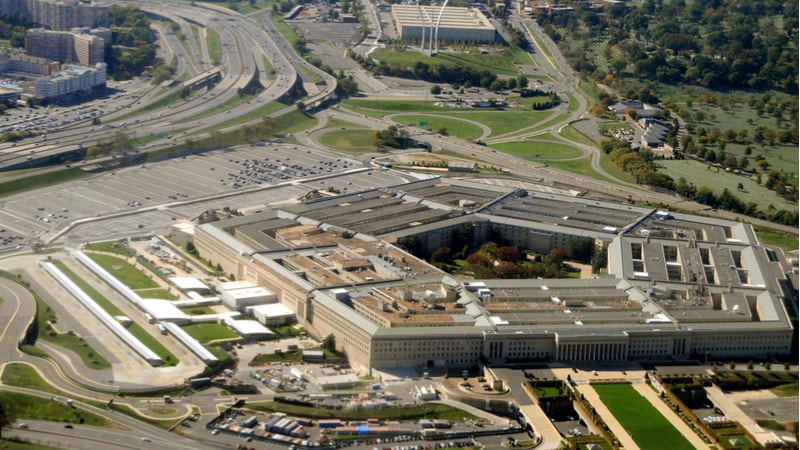
As Congress failed to pass a fiscal year 2026 funding bill before the Oct. 1 deadline, the resulting shutdown is bringing some significant personnel and operational changes to the Department of Defense (DOD) – which the Trump administration has rebranded as the Department of War.
The DOD released its shutdown guidance on Sept. 27, clarifying that only “excepted” activities and personnel can continue during the shutdown.
But what does that actually mean in practice?
Military, Civilian Personnel
First, military personnel will remain on duty and continue operations – but without pay.
All active-duty service members are required to report for duty and continue operations. However, they will serve without pay until Congress passes and President Donald Trump signs a funding bill into law.
Retroactive pay will be issued at employees’ standard rate, but only after the shutdown ends – and the timing of that payment remains uncertain.
In contrast, the outlook for the DOD’s civilian workforce is quite different.
While civilian staff should also not expect a paycheck during the shutdown, a significant portion of the workforce is additionally being furloughed – placed in a non-duty, non-pay status.
According to the DOD’s contingency plan, 223,900 are considered “excepted” and must report to work without pay. These roles are essential to national security, such as medical care, emergency response, and protection of property.
Meanwhile, 334,900 – about 45% of the DOD’s 741,500 civilian employees – are being furloughed.
The remaining 25%, or about 182,700, are funded through non-annual appropriations and remain unaffected.
Impact on Ongoing Efforts at DOD
It has been nearly seven years since the last government shutdown, but one major difference in this year’s DOD shutdown guidance is that the administration outlined six departmental priorities.
Among those six priorities is work related to the Golden Dome initiative.
Work will continue on those priorities using available funds, particularly the money included in the $156 billion reconciliation act passed by Congress in July 2025, which specifically includes funding for the Golden Dome initiative. That funding is exempt from the shutdown and remains available through 2029, the guidance notes.
Some activities, including procurement and research projects, may proceed if they are funded through prior-year appropriations or other unobligated balances.
Core intelligence operations that support military missions and monitor national threats will continue under “excepted” status, keeping agencies like the National Security Agency, National Reconnaissance Office, and National Geospatial-Intelligence Agency operational.
However, intelligence work not tied to immediate crises – including strategic forecasting, political analysis, and support for weapons acquisition – will be put on hold.
